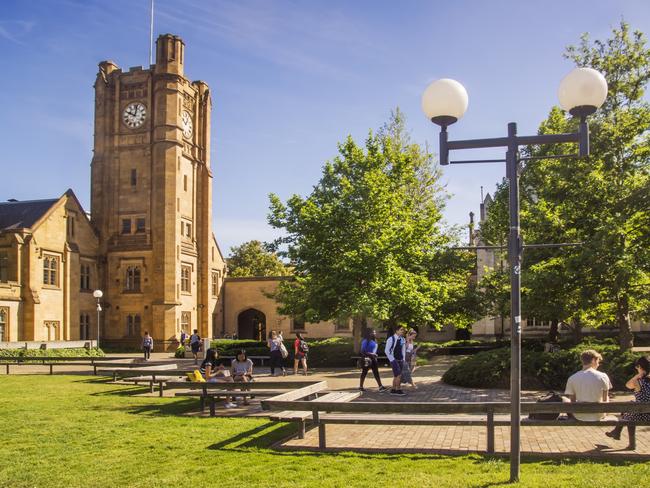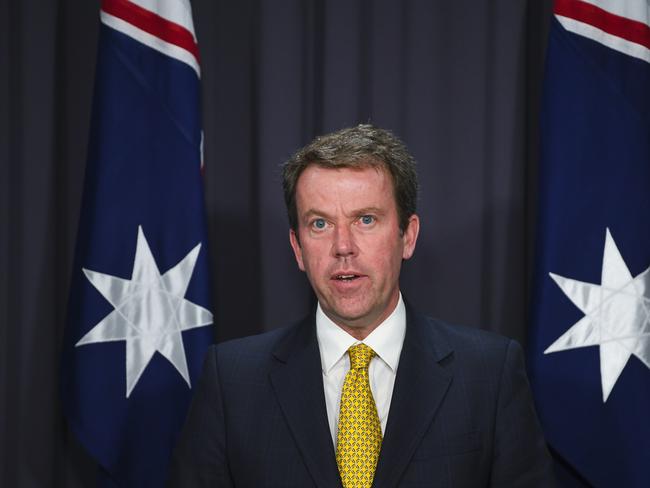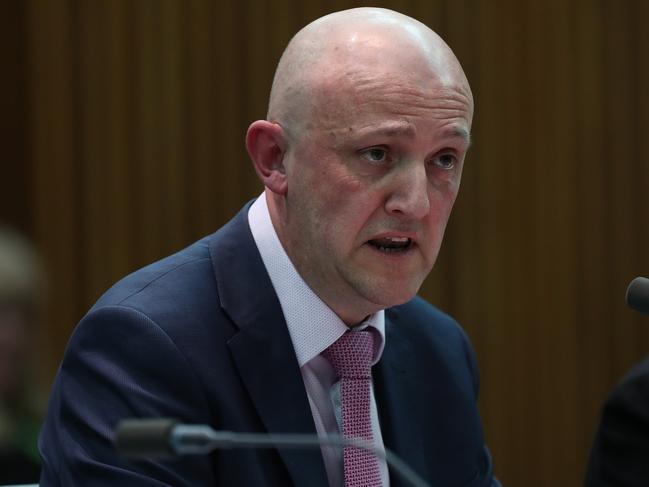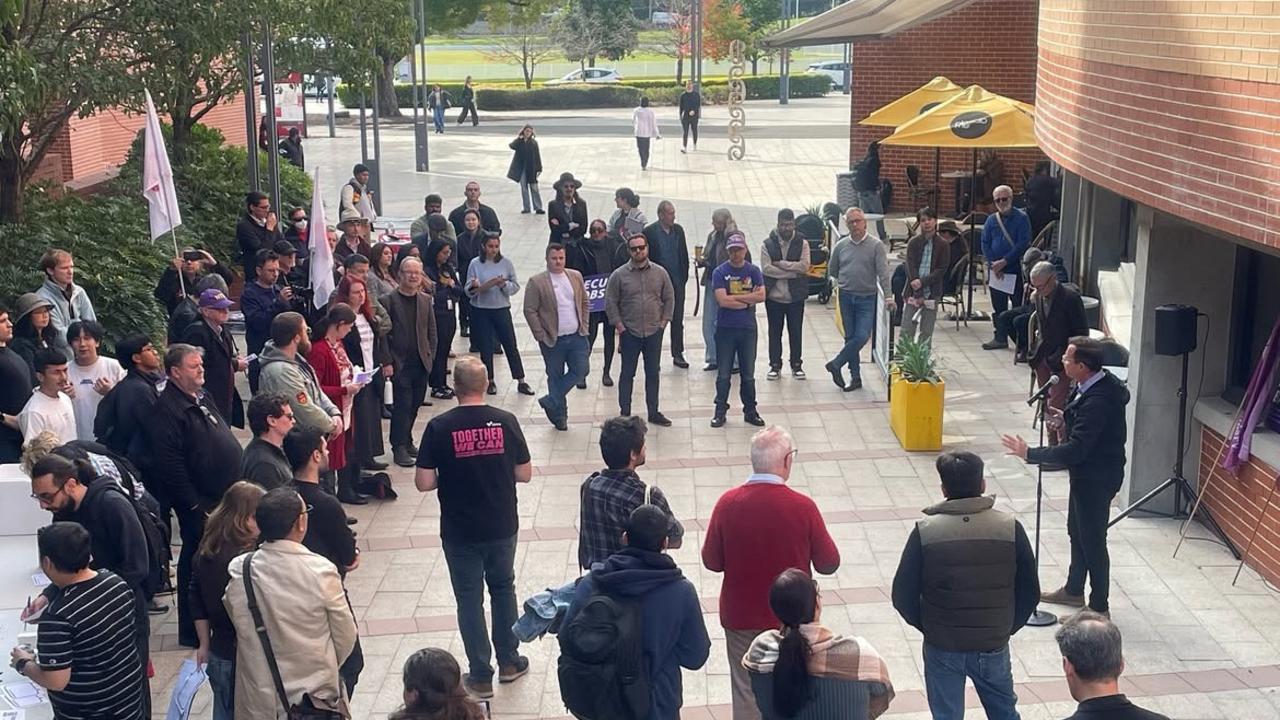Australian universities to act against threat of foreign interference
Australian universities are acting to combat the threat of “unprecedented levels” of foreign interference.
Australian universities could be forced to scrap joint research projects, donations, grants and other financial partnerships with foreign entities, under strict new guidelines to block hostile foreign interference and better protect students and national security.
And while no countries were singled out, China’s influence on universities who have a heavy financial reliance on outside funding is being made well known by security agencies as an aggressor.
Education Minister Dan Tehan working in collaboration with the university sector and ASIO today released a 45-page guideline, pulled together in two months, with steps to preserve the integrity of our nation’s world-class higher education system.
It’s essentially a check filter through which universities will run current practices and “future contracts” to ensure they are secure and in the nation’s interest.

The move came after ASIO boss Mike Burgess last month warned of an unprecedented level of hostile foreign interference in our university sector including database cyber hacks, attempts to steal valuable research and influence opinion through directing or altering the research agenda, economic pressure and solicitation.
ASIO has been in contact with university chiefs around the country providing high-level briefings about serious foreign meddling on their campuses contrary to Australia’s national interests, interference that has ratcheted up in recent months to “unprecedented levels”.
Mr Tehan said the guidelines were developed with universities to ensure they had the policies, frameworks and strategies in place to protect against foreign interference while maintaining their autonomy.

But he could not rule out the guidelines, including a demand for full disclosure on who, when and how much universities are taking from foreign entities, would lead to ASIO calls to universities to cease certain partnerships.
“We would expect everyone whether it be industry, business, individuals, the universities sector to follow the law in Australia,” he said.
“If you are given very serious advice no matter on what matter … of course we would expect you to take that advice very seriously and not only that if that advice is not taken and given serious (attention) … obviously there are way we can follow up on that.
“There are laws in place to compel ultimately if that’s what’s needed.”
MORE NEWS:
NT cop on teen murder charge won bravery awards
Greta Thunberg sets sail with Aussie YouTube stars
NBN misses 320 customer appointments a day

But Mr Tehan added he did not believe the universities would need to be compelled to act because the guidelines were about bringing the sector and security agencies together to act together and deal with any threat.
RMIT vice chancellor and president and co-chair of the University Foreign Interference Taskforce, Martin Bean said there was wide support from the higher education sector to the new guidelines which would be reviewed in six months.
He said it was a true collaboration.
Home Affairs Minister Peter Dutton two weeks ago said he was happy to call out foreign interference and said it was the Communist Party of China.


